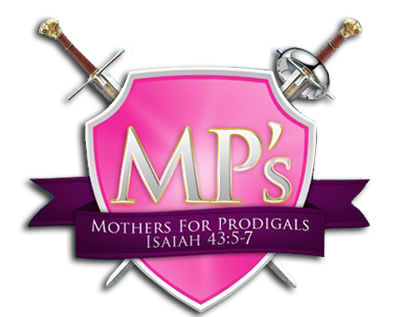“Do not judge so that you will not be judged. For in the way you judge, you will be judged; and by your standard of measure, it will be measured to you. Why do you look at the speck that is in your brother’s eye, but do not notice the log that is in your own eye?” Matthew 7:1-3 (NASB)
Society’s current atmosphere reeks of a judgmental bent. We humans certainly feel authorized to point fingers and regard others as worse than ourselves. Are we qualified? What gives anyone the right to evaluate someone else’s character?
While many things of this world have evolved over time, human nature has remained the same. People continue to play judge and jury with the lives of other people, all the while neglecting personal sins. Are we qualified to judge others?
One definition of a judge is a judicial authority who decides cases in a court of law. But the lesser known definition of a judge is a person qualified to give an opinion on something. That clarification prompted me to reflect. Do I know enough about other people and their situations to judge them? Sometimes I act like I do.
I remember noticing a lady at my workplace who appeared extremely aloof. Every time I saw her in the hallway, she seemed to carry an attitude of superiority. I deemed her unsuitable to be my friend so in turn I acted antisocial. But who was I to judge her? How was I qualified to form an opinion when I didn’t even know her?
What remorse I experienced when I later worked side by side with this very woman. She extended compassion for her special needs students even though she lived with some difficult family issues at home. Why had I considered myself qualified to judge one of God’s children?
It’s extremely humbling when faced with our own sins. Suddenly the pointing finger turns inward. An Old Testament story about King David verifies that none of us have the right to scrutinize others’ faults until we’ve examined our own.
King David had lusted after another man’s wife, impregnated her, and plotted to cover up his misdeed. Her husband, one of David’s soldiers, was directed to the front lines of war and killed. Though David later married the woman named Bathsheba, God was very displeased and sent his prophet Nathan to address the issue.
Nathan told David a story about a rich man who had prepared a meal for a traveler. Instead of taking from his own abundant resources, the rich man had taken the solitary beloved lamb of a poor man and had prepared it for food.
David expressed outrage. “As surely as the Lord lives, the man who did this deserves to die. He must pay for that lamb four times over, because he did such a thing and had no pity.”
“You are that man,” Nathan replied. 2 Samuel 11-12
Oh the shame David faced. He had rushed to judgment. With all the sin he had committed, was he qualified to judge the actions of the rich man? Because Nathan addressed David’s sin, David immediately humbled himself and repented. “I have sinned against the Lord,” he said, and asked for forgiveness. God called David “a man after His own heart” as a consequence of yielding to His will time and time again.
When people or events outside our personal lives don’t live up to our self-imposed standards, we judge. The most offensive sins we notice are committed by anyone but ourselves. We seem to regard ourselves as better than others until face to face with our own shortcomings. Why do we feel so qualified to judge other people when we can’t truly know their hearts?
“Don’t criticize, and then you won’t be criticized. For others will treat you as you treat them,” said Jesus. Matthew 7:1-2 TLB
So in everything, do to others what you would have them do to you, for this sums up the Law and the Prophets. Matthew 7:12 NIV
Jesus knows hearts. He knows yours. He knows mine. And He longs for us to love each other as much as He loves us. He took His love to the cross and died for each one of us. He is qualified to judge.
Over and over again, the words of Jesus instruct us. Do we listen, learn, and love as He would have us do? Can we repent of our personal sins, stop judging others, and follow the heart of God? If we live like Jesus, we will be qualified to be called “people after God’s own heart.”
“It’s the Holy Spirit’s job to convict, God’s job to judge, and my job to love.
~Billy Graham
”



